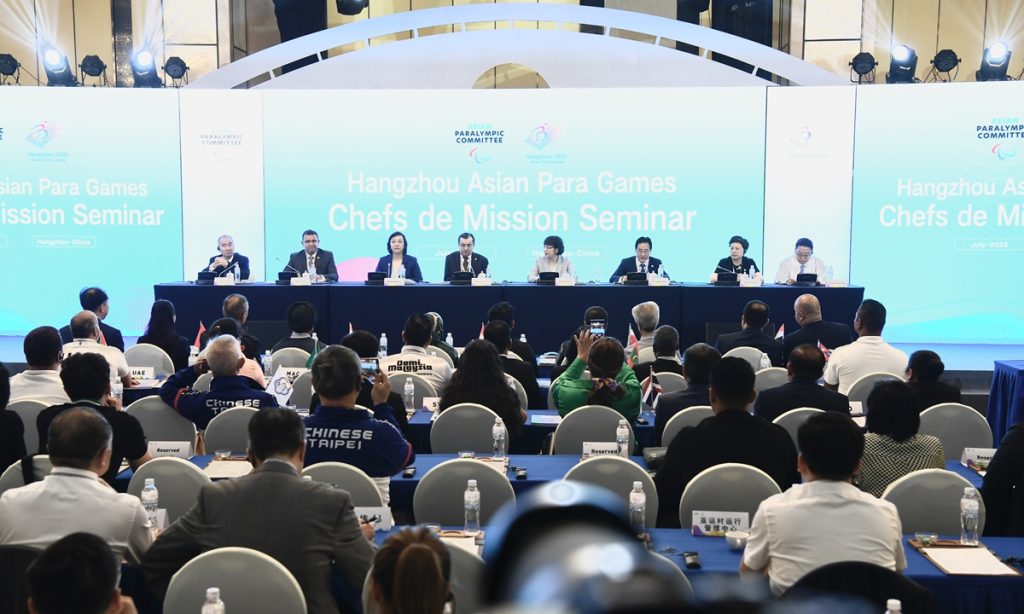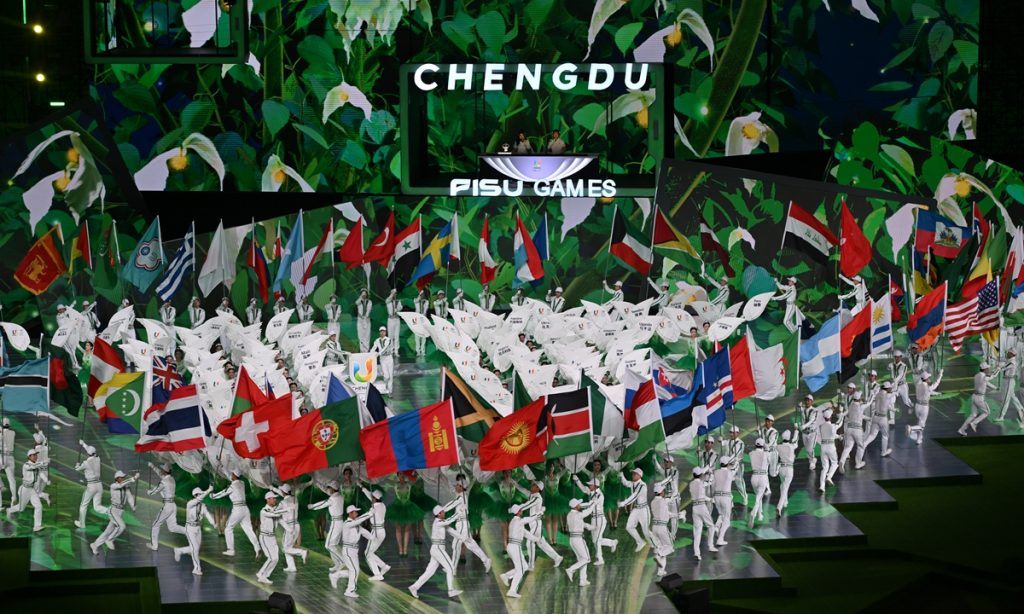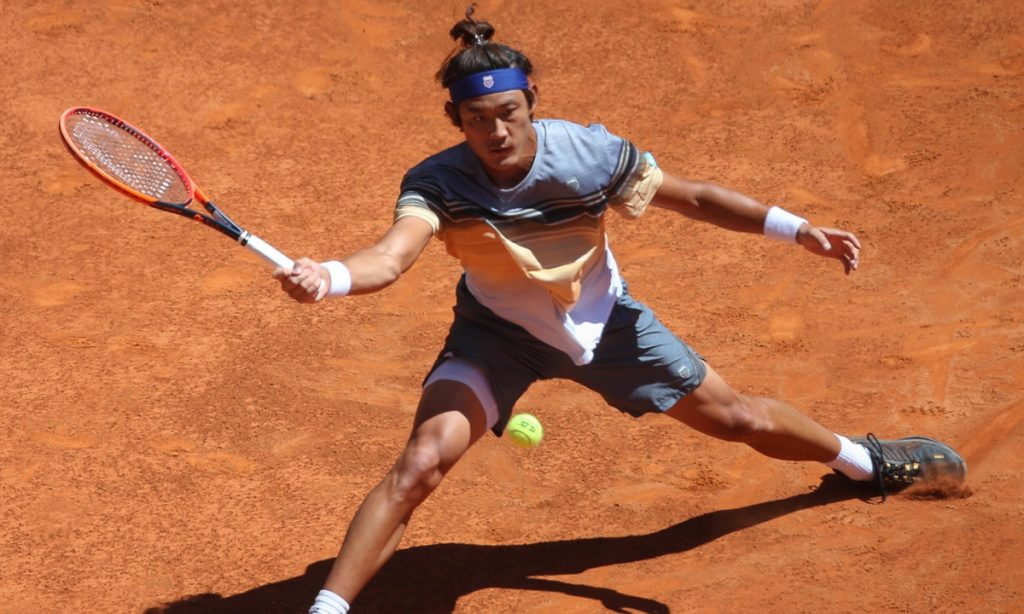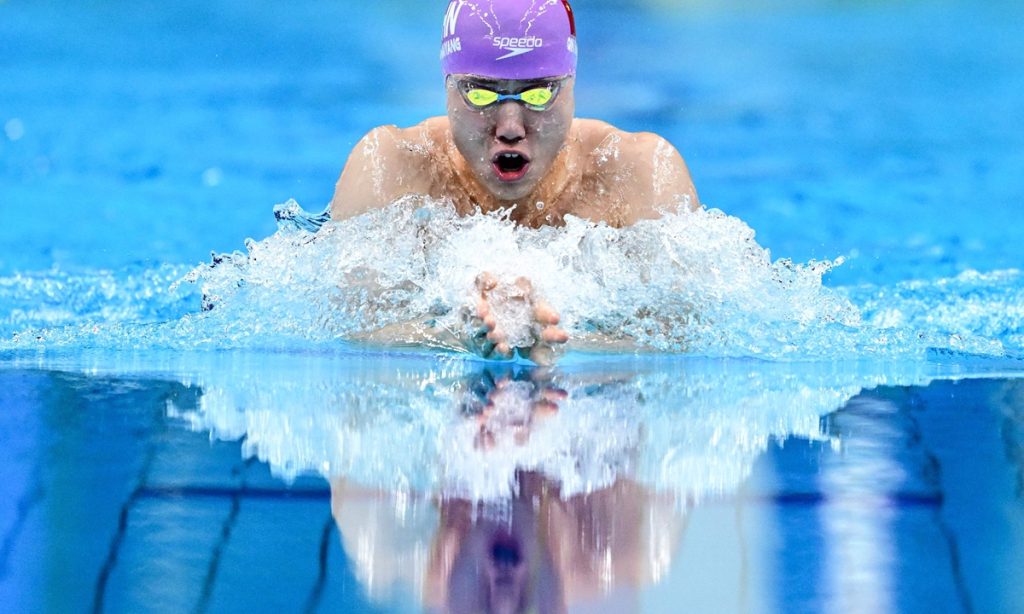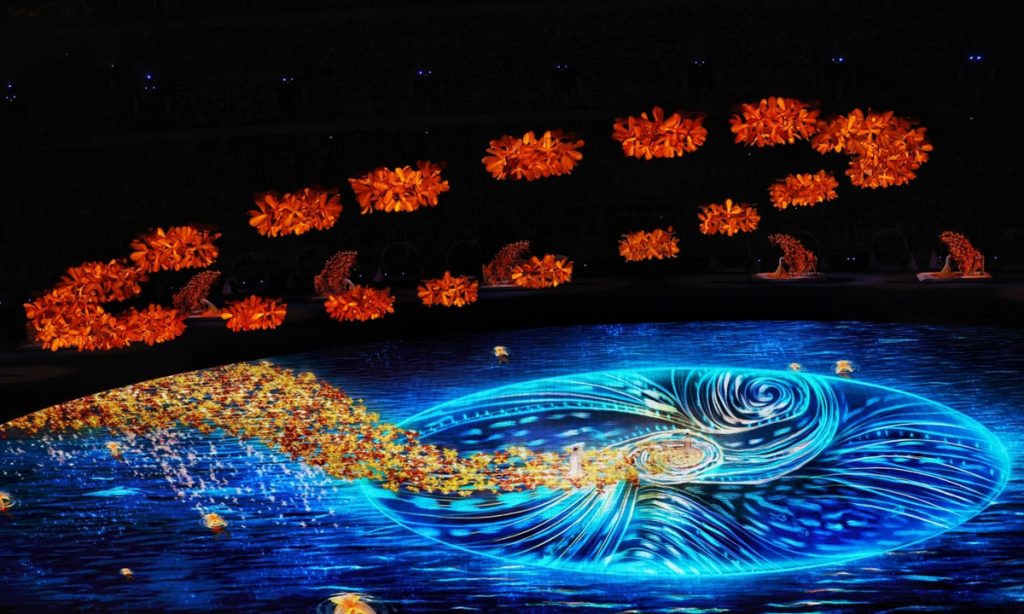Central government's office for safeguarding national security in HK supports police arresting five more fleeing anti-China figures
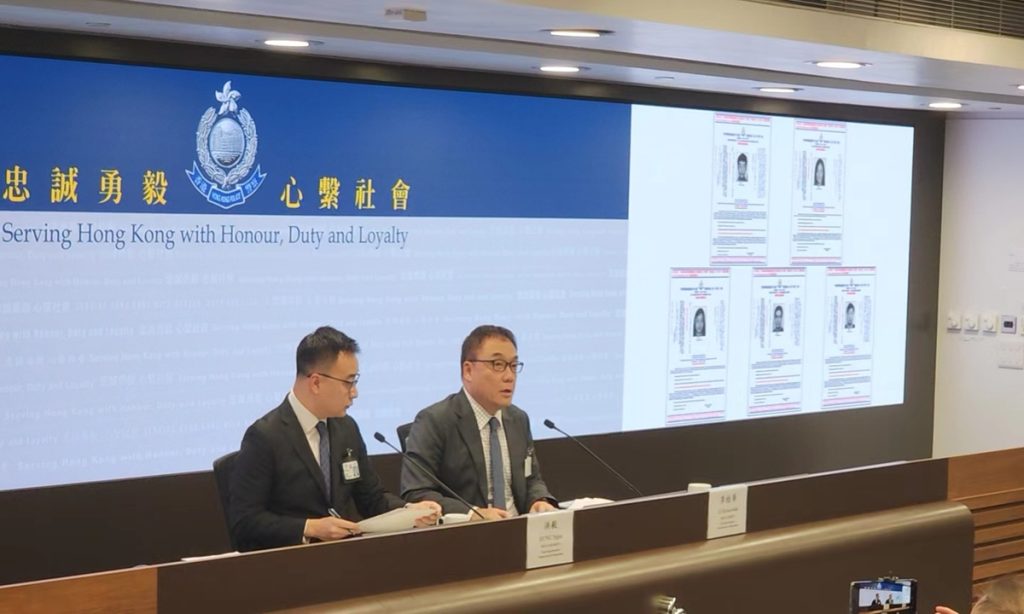
The Office for Safeguarding National Security of the Central People's Government in the Hong Kong Special Administrative Region (HKSAR) said on Thursday that it resolutely supports the Hong Kong police in arresting five fleeing anti-China figures in accordance with the law, and effectively preventing, stopping and punishing those who have fled to oppose the country and disrupt Hong Kong.
The office said that "we must effectively safeguard the authority of the rule of law and consolidate the hard-won good situation in Hong Kong."
The Hong Kong Police Force's National Security Department announced on Thursday to place five more figures in exile into its warrant list, who are suspected of colluding with foreign or external forces including anti-government figures Joey Siu and Simon Cheng.
In July, the police issued a HK$1 million ($128,000) bounty each for eight anti-government figures in exile, including Nathan Law Kwun-chung and Ted Hui Chi-fung.
Cheng and others have long been engaged in anti-China and Hong Kong destabilization activities. After fleeing overseas, they continue to build platforms for disruptive activities in Hong Kong, spreading political rumors and "Hong Kong independence" fallacies about the country and Hong Kong, slandering Hong Kong's rule of law, and pleading for foreign forces to sanction Hong Kong or interfere in Hong Kong affairs, the office said.
They openly challenge the authority of the National Security Law (NSL) for Hong Kong and undermine Hong Kong's development. The Hong Kong Police, based on facts and in accordance with the law, have lawfully issued warrants for these fugitives involved in anti-China and Hong Kong destabilization activities. This aligns with the fundamental interests of Hong Kong, reflects the common will of society, and it's an inevitable requirement for the comprehensive and accurate implementation of the NSL for Hong Kong, a righteous act to safeguard national security in accordance with the law, and a necessary measure to ensure the prosperous and stable development of Hong Kong, the office said.
This issuance of warrant marks another lawful action following the July warrants against anti-government figure Kevin Yam and eight other fugitives for their leading roles in anti-China and Hong Kong destabilization activities. It targets five individuals suspected of committing crimes of inciting secession, inciting subversion of state power, and colluding with foreign or overseas forces to endanger national security, the office said.
This demonstrates the Hong Kong Police's courageous responsibility, firm commitment to defending the authority of the NSL for Hong Kong, and unwavering determination to safeguard national security. It is believed that the Hong Kong police will take all necessary measures according to the law to hold these fugitives accountable for their crimes.
They will also lawfully deal with those who assist, incite, or fund acts endangering national security, striking at the arrogance of these fugitives involved in anti-China and Hong Kong destabilization activities, the office said.
The 33-year-old Cheng was suspected of inciting secession and colluding with foreign or overseas forces to endanger national security. Since August 2020, he, along with others, established political organizations and frequently advocated for "Hong Kong independence" on social media platforms, calling for foreign sanctions and hostile actions against Hong Kong government officials and judicial personnel.
Cheng, a former employee at the British Consulate-General in Hong Kong, was detained by the mainland police at the West Kowloon high-speed rail station on August 8, 2019. Later, the Luohu public security in Shenzhen, South China's Guangdong, revealed that he had been "involved in prostitution activities multiple times," resulting in a 15-day administrative detention, according to media reports.



